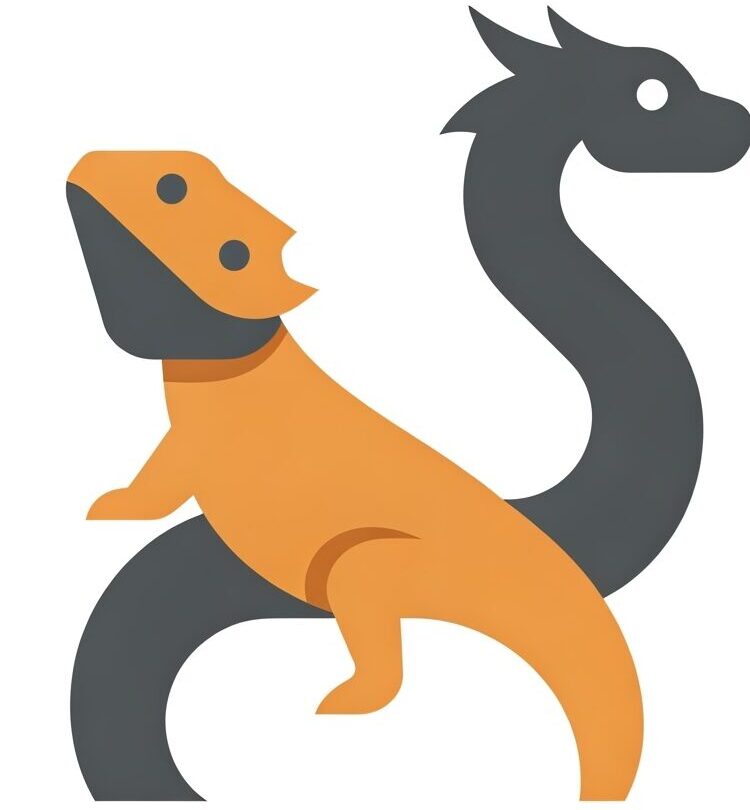Can Leopard Gecko Safely Eat Vitamin D3 Supplement? A Complete Guide
Leopard geckos need a carefully balanced diet to thrive in captivity. This article will explore whether directly offering a Vitamin D3 supplement is a safe and appropriate way to meet their nutritional needs.
The Short Answer (Is Vitamin D3 Supplement Safe?):
No, offering a standalone Vitamin D3 supplement to your leopard gecko is generally not safe and strongly discouraged unless specifically directed by a veterinarian. While Vitamin D3 is essential for calcium absorption, direct supplementation carries a high risk of overdose and toxicity.
Nutritional Value / Potential Risks:
Leopard geckos require Vitamin D3 to properly absorb calcium, which is vital for bone health, muscle function, and overall well-being. However, their primary method of obtaining Vitamin D3 in captivity isn’t through direct supplements, but rather through pre-vitamin D3 dusted onto their insect prey.
The crucial point is the potential for overdose. Too much Vitamin D3 can lead to hypercalcemia (excessively high calcium levels in the blood). Hypercalcemia can cause serious health problems, including:
- Calcification of soft tissues: Calcium deposits can form in organs like the kidneys and heart, impairing their function.
- Lethargy and reduced appetite: An overdose can make your gecko feel unwell and lose interest in eating.
- Kidney damage: The kidneys have to work overtime to filter the excess calcium, potentially leading to kidney failure.
Prepared insect feeders are already dusted and gut-loaded. So unless instructed by a vet due to an unusual medical condition, there’s little reason to offer an additional supplement.
How to Feed (If Applicable):
Since direct supplementation with Vitamin D3 can be harmful, there is no safe method for feeding it directly unless explicitly prescribed by a veterinarian. Focus instead on:
- Proper gut-loading of insects: Gut-loading insects with a high-quality commercial gut-loading diet will ensure they are packed with nutrients before being offered to your gecko. These diets often contain adequate levels of pre-Vitamin D3.
- Dusting insects with calcium and vitamin supplements: Use a high-quality calcium supplement (without D3) for most feedings. Periodically (usually 1-2 times per week), dust with a calcium supplement with D3. Follow the supplement manufacturer’s instructions carefully.
Important Considerations / Warnings:
- Consult with a reptile veterinarian: Always consult with a qualified reptile veterinarian before making any significant changes to your leopard gecko’s diet or supplementation routine. They can assess your gecko’s individual needs and provide tailored recommendations.
- Avoid over-supplementation: More is not better! Carefully follow the instructions on your calcium and vitamin supplements. Over-supplementing with Vitamin D3 is a common mistake that can have serious health consequences.
- Monitor your gecko for signs of illness: Be vigilant for any signs of illness, such as lethargy, loss of appetite, difficulty shedding, or swollen limbs. Seek veterinary care promptly if you notice anything unusual.
- Balance Calcium with Phosphorus: Be careful in Calcium with D3 products to ensure the ratio of calcium to phosphorus is balanced correctly.
Conclusion:
While Vitamin D3 is essential for leopard gecko health, directly supplementing with a standalone Vitamin D3 product is risky and generally unnecessary. Focus on providing a well-balanced diet through properly gut-loaded and dusted insects, and always consult with a reptile veterinarian for personalized advice to ensure your gecko receives the appropriate nutrients without the risk of overdose.
